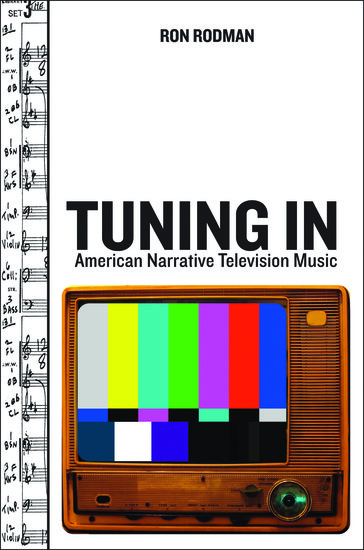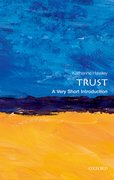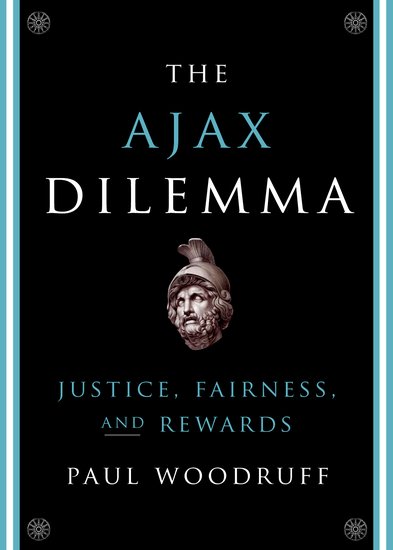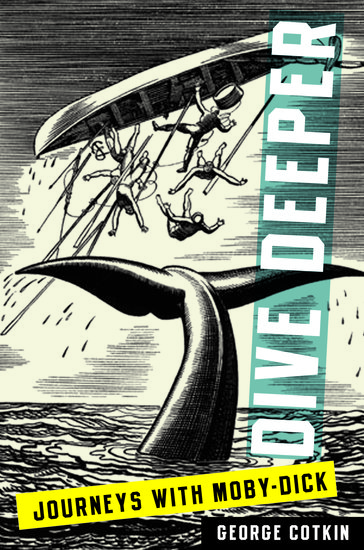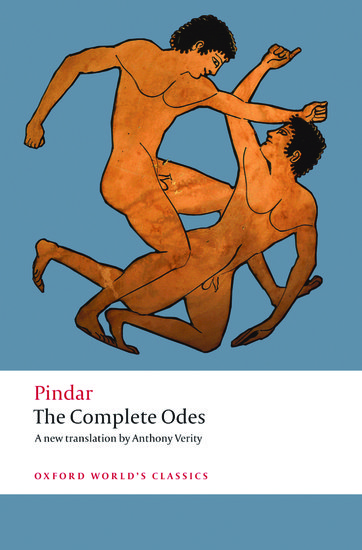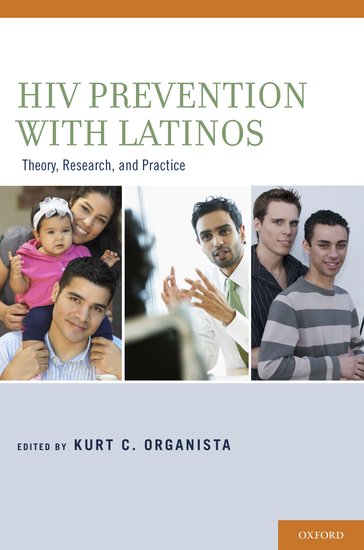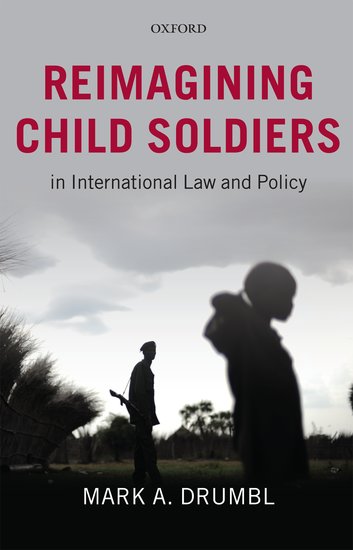Are small farmers in developing countries stuck on stubble?
By Nicholas Magnan
No-till agriculture, a resource conserving technology which increases the amount of organic matter in the soil, offers many benefits to farmers and society. Because farmers don’t plow their fields before planting, equipment, fuel, and labor costs are reduced. These reduced costs should appeal to cash-poor farmers in developing countries. Furthermore, no-till has been shown to increase and stabilize crop yields, conserve water in the soil and protect the crop from mild drought, prevent soil erosion, and mitigate climate change through carbon sequestration.



